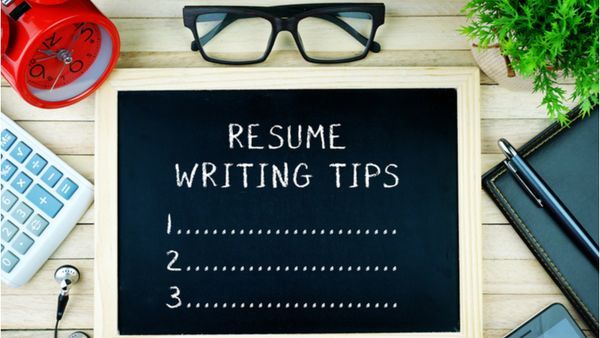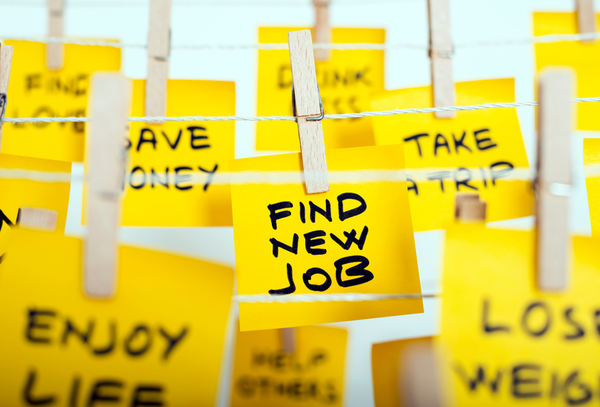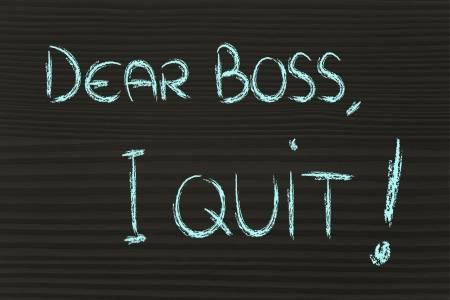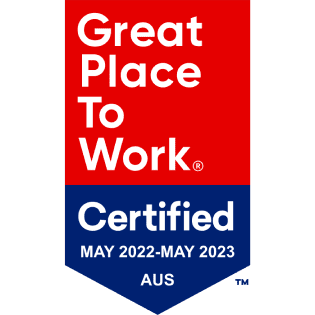Interview Tips.
You never get a second chance to make a great first impression during your job interview, so being well prepared is the first step to appearing relaxed and confident in a job interview. People make up their mind about you within the first few seconds of meeting you, so it’s important to take the time to present yourself well. One way to prepare is to think of answers for questions you might get.
-
Prior to the interview
- Research the company - know their product, their strategy and information on their competitors.
- Think about examples that showcase your skills – i.e examples of when you have shown the key skills, experience or personality traits that match the needs of the employer.
- Prepare specific questions about the role and company that you wish to ask.
-
On the Day
- At an interview it is extremely important to look, act and dress professionally as you won’t have a second chance at making a good first impression. Ideally, a business suit should be worn unless you have done your research and know that the work environment is a casual one.
- Be on time – you should aim to arrive 10-15 minutes before your interview starts.
- Ensure you have the details of who you are meeting and their role title.
- If you are unable to attend an interview, make sure you contact your consultant as soon as possible.
-
During the Interview
- Your success or failure in an interview is determined very quickly – make sure you create a positive first impression.
- Be sure to smile, give a firm handshake, maintain eye contact and importantly have positive and interested body language.
- At the beginning of an interview be ready to discuss some of your interests and experiences (most often those outside of work) as an icebreaker.
- Demonstrate to the interviewer that you have a good understanding of the industry, the company and the role by adding information you have learnt from research to your answers and by asking informed questions of your interviewer.
- When answering questions, use practical examples from past experiences that demonstrate you have the skills and personality traits for the job. Think about answering questions using the STAR technique. The STAR technique is based on describing the Situation – Task – Action – Result Situation - Describe a situation you were in eg. A colleague was struggling with performance. Task - Tell them what you decided to do eg. I sat down with my colleague to discuss how I could help. Action - Describe what you actually did eg. I gave my colleague examples of how I improved my own performance. Result - Tell them what happened as a result of your actions eg. His/her performance improved dramatically.
- Take your time before answering questions, although not too much time.
- Listen carefully to questions, if you don’t understand a question, or did not hear it properly, ask for clarification.
- Always be sure to connect your skills and experience to the needs of the employer.
- Keep positive throughout – even if the interview seems a disaster.
- Sell yourself. Your resume has got you this far, but you now need to communicate why you are the right person for the job.
- Remember it is an interview – don’t be too informal, even though the interviewer may have put you at ease.
- Always thank them for their time and let them know that you are interested in the role.
- Unless asked, do not discuss salary with the interviewer. Leave this for the second interview or salary negotiation discussion.
You should always have prepared questions about the company and the role as this will demonstrate your interest in the opportunity.
-
Outlined below are some key questions you may ask
- What are the key challenges of the position?
- What are the company’s strengths, weaknesses, opportunities and threats?
- What differentiates the company from its rivals?
- What are the company’s growth plans?
- How would you describe the corporate culture?
- What do you like best about working at the company?
- What is the overall structure of the department I would be working in?
- What sort of induction training is offered?
- Are there any special projects I will be working on?
- To whom will I be reporting?
- What is your philosophy on training?
- Is there any travel involved with the position?
- What opportunities does the position provide for personal growth?
- What long-term career opportunities are available?
- What is the next step in the interviewing process?
If you are still nervous about your job interview, speak to your dedicated Ashdown People Consultant and they can help you get prepared.
Continue Reading.


Quick Links
About Us
Ashdown People is a specialised Recruitment Company with a Global presence, specializing in various professional fields, including Accounting & Finance, Administration & Office Support, Call Centre & Customer Service, CEO & General Management, HR, Marketing & Communications, Property & Construction, and Technology & Data Analytics.
Contact Us
Ashdown People,
Level 6, 333 George Street
SYDNEY NSW 2000
Copyright © 2023 Ashdown People | Sitemap | Privacy Policy | Made with 💚 by Shazamme.com







